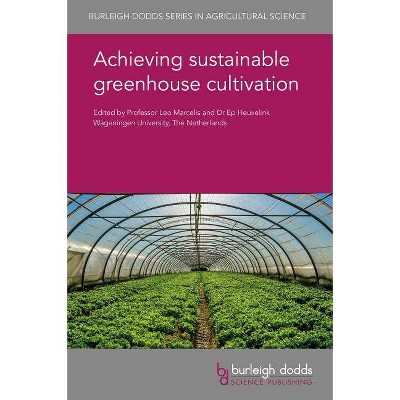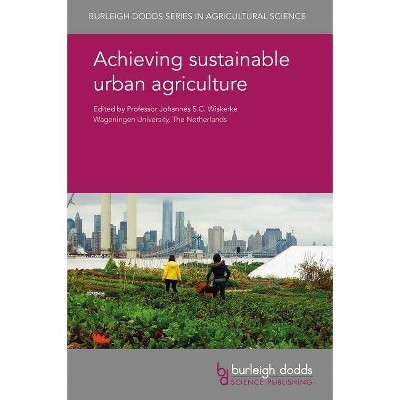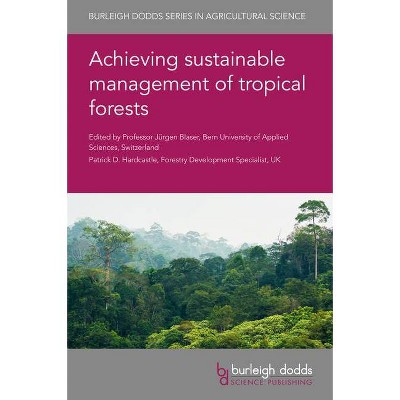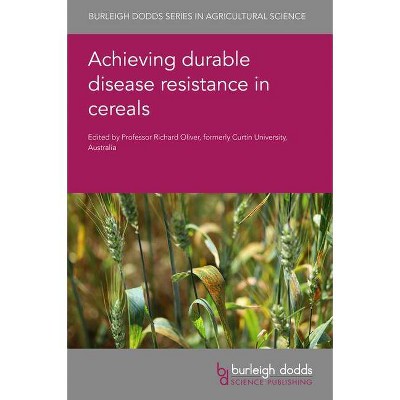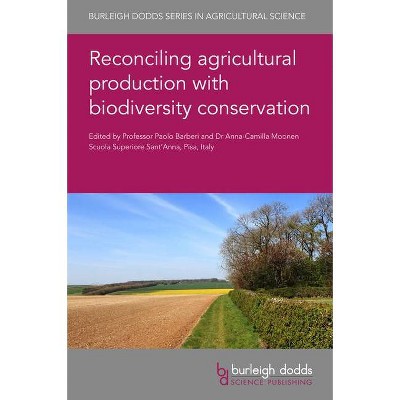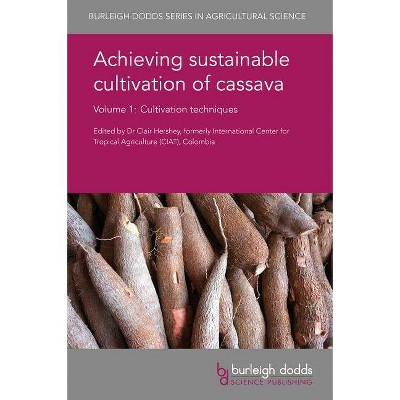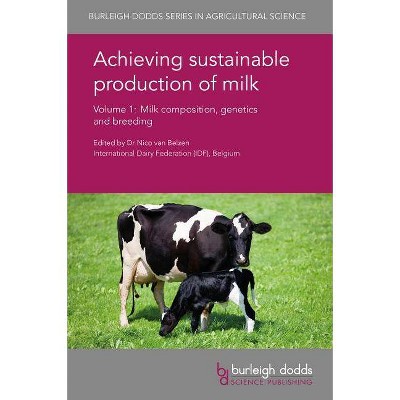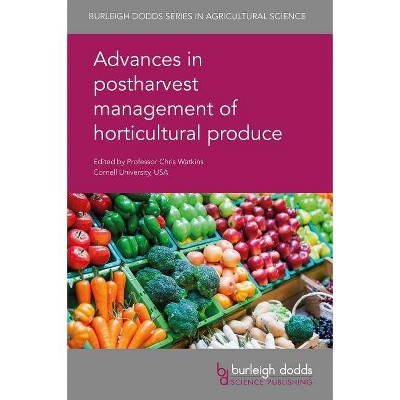Achieving Carbon-Negative Bioenergy Systems from Plant Materials - (Burleigh Dodds Agricultural Science) by Chris Saffron (Hardcover)
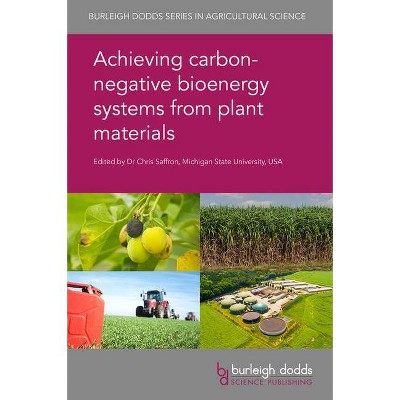
Similar Products
Products of same category from the store
AllProduct info
<p/><br></br><p><b> About the Book </b></p></br></br>This collection reviews advances in producing next-generation biofuels from plant materials. Part 1 discusses technologies such as biomass gasification, fast pyrolysis and torrefaction. Part 2 assesses advances in production of biofuels from crops such as jatropha, oilseeds, Miscanthus, switchgrass and willow.<p/><br></br><p><b> Book Synopsis </b></p></br></br><p>There is a need to develop next-generation bioenergy systems that exhibit net carbon capture. This collection reviews advances in producing next-generation biofuels from plant materials. These address climate change by fixing carbon in co-products.</p><p>Part 1 discusses key technologies to achieve this goal such as biomass gasification, fast pyrolysis and torrefaction. Chapters review advances in technology, applications and commercial development. Part 2 assesses advances in production of biofuels from crops such as jatropha, oilseeds (such as canola and rapeseed), Miscanthus, switchgrass and willow, as well as the sustainable use of seaweed for biofuel.</p><p>With its international range of expert authors, <em>Achieving carbon-negative bioenergy systems</em> from plant materials will be a standard reference for researchers in agricultural and environmental science focussing on plant-based biofuel technologies, as well as government and other agencies supporting this sector.</p><p/><br></br><p><b> From the Back Cover </b></p></br></br>There is a need to develop next-generation bioenergy systems that exhibit net carbon capture. This collection reviews advances in producing next-generation biofuels from plant materials. These address climate change by fixing carbon in co-products. <p/>Part 1 discusses key technologies to achieve this goal such as biomass gasification, fast pyrolysis and torrefaction. Chapters review advances in technology, applications and commercial development. Part 2 assesses advances in production of biofuels from crops such as jatropha, oilseeds (such as canola and rapeseed), Miscanthus, switchgrass and willow, as well as the sustainable use of seaweed for biofuel. <p/>With its international range of expert authors, Achieving carbon-negative bioenergy systems from plant materials will be a standard reference for researchers in agricultural and environmental science focussing on plant-based biofuel technologies, as well as government and other agencies supporting this sector. <p/>Dr Christopher Saffron is an Associate Professor in the Department of Biosystems and Agricultural Engineering at Michigan State University, USA. He has published widely and has pending patents in the area of catalytic processes for biofuel production. He is a member of the Great Lakes Bioenergy Research Center, one of the three centers established by the US Department of Energy to promote bioenergy research.
Price History
Price Archive shows prices from various stores, lets you see history and find the cheapest. There is no actual sale on the website. For all support, inquiry and suggestion messagescommunication@pricearchive.us
